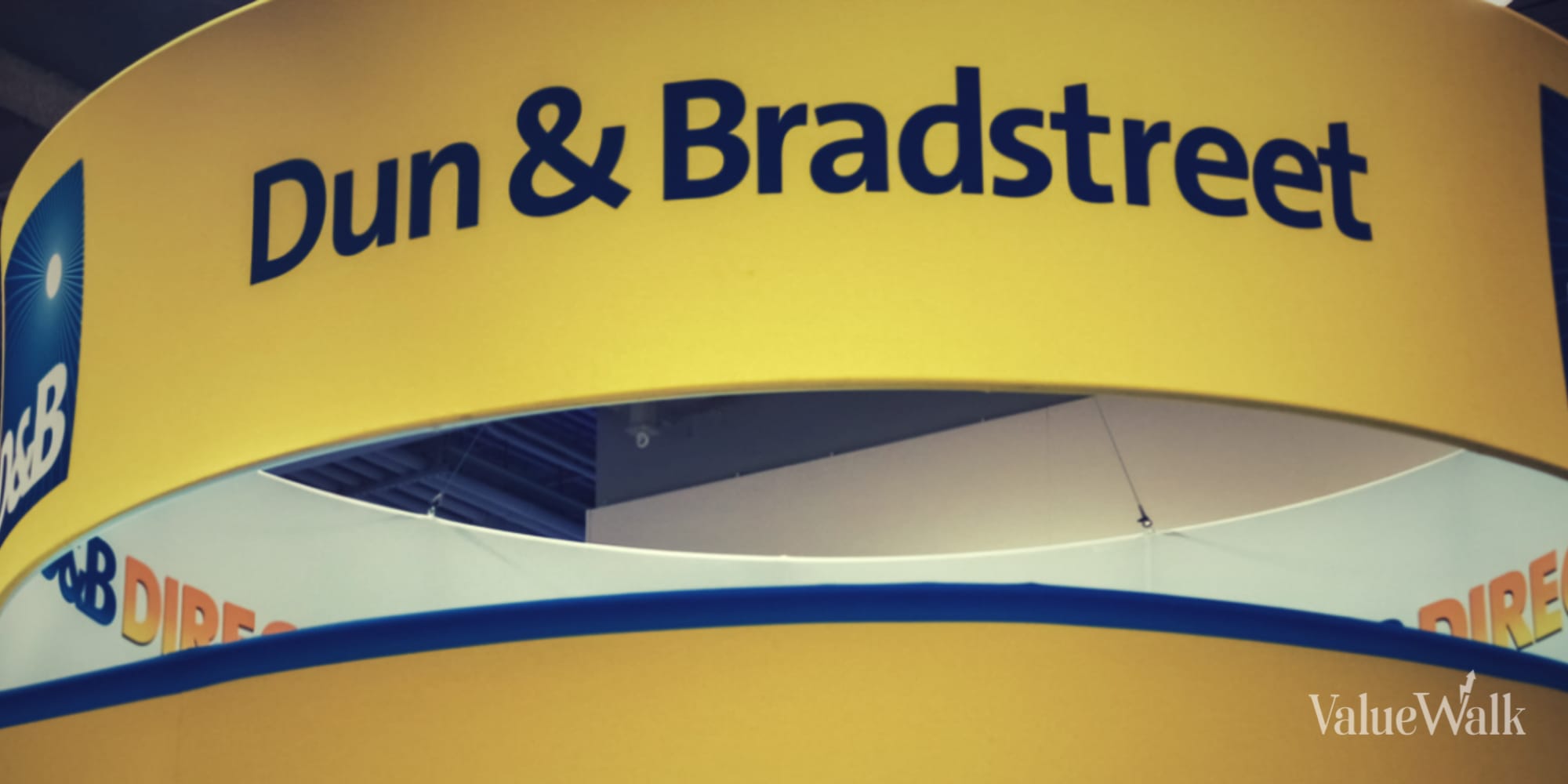Boeing shares fell after the U.S. grounded some of its 737 MAX jets.

A piece of the fuselage broke off an Alaska Airlines 737 MAX 9 jet as it took off from Portland, Oregon, on Friday, forcing the pilots to turn back. The Federal Aviation Administration (FAA) then ordered the temporary grounding of 171 narrowbody MAX 9 jets.
Shares of Alaska Airlines fell 4.5%, while United Airlines, another U.S. carrier that operates the jet, edged up slightly premarket.
Spirit AeroSystems, which manufactured and initially installed fuselage parts for the troubled new MAX 9 jets, fell 13.8% as it recovered from a series of recent quality problems, deepening gloom around the supplier.
Other aerospace suppliers also fell, including General Electric, which makes the 737 MAX family of engines through a joint venture with France’s Saffron, down 1%, and Honeywell, which makes engines for the 737 MAX family, down 1%.
Wall Street analysts saw the incident as a temporary setback for Boeing, but some took a dim view of a series of quality issues related to the 737 MAX family of aircraft.
“This highlights the history of quality escape issues, particularly at Spirit AeroSystems. Quality escapes are unacceptable in an industry where a single failure can have serious consequences,” Bernstein analysts said. Shares of Boeing rival Airbus rose 2.7% on Monday. The European plane maker has been expanding its market share since two Boeing MAX crashes in 2018 and 2019 that killed nearly 350 people and grounded the MAX’s global operations for 20 months.
According to industry sources, Airbus announced that it delivered 735 aircraft last year, overtaking Boeing and maintaining its position as the world’s largest aircraft manufacturer for the fifth consecutive year.
Last week, Reuters reported that the number would exceed the company’s target of 720 and reach the mid-730s.
Manufacturing or design issue?
Some analysts said the issue appeared to be a one-off manufacturing issue rather than a design issue that would cost more to fix. They also noted that the number of aircraft affected was small.
“The previous generation 737-900ER had the same door approach and had no accidents in millions of flights,” Bernstein added.
Boeing has delivered 214 of the 737 MAX 9 jets, or 16% of the more than 1,300 MAX aircraft currently in service, most of which are still flyable, including 737 MAX 9 jets equipped with regular doors instead of replacement panels. .
“Continuous manufacturing issues may require design or manufacturing changes by Boeing or its suppliers, but we don’t expect them to be too costly,” said Robert Spingarn, an analyst at Melius Research.
But investors will be watching closely for further action by the FAA and other regulators, especially China, where Chinese airlines recently resumed operations of all 737 MAXs following a ban by Chinese regulators.
As for possible airline compensation costs from Friday’s accident, Citi analyst Jason Gursky estimated Boeing’s daily cost at $2.3 million, using the RTX’s recent engine problems as a template for calculations.
Boeing’s U.S.-listed stock rose 36.8% in 2023.




